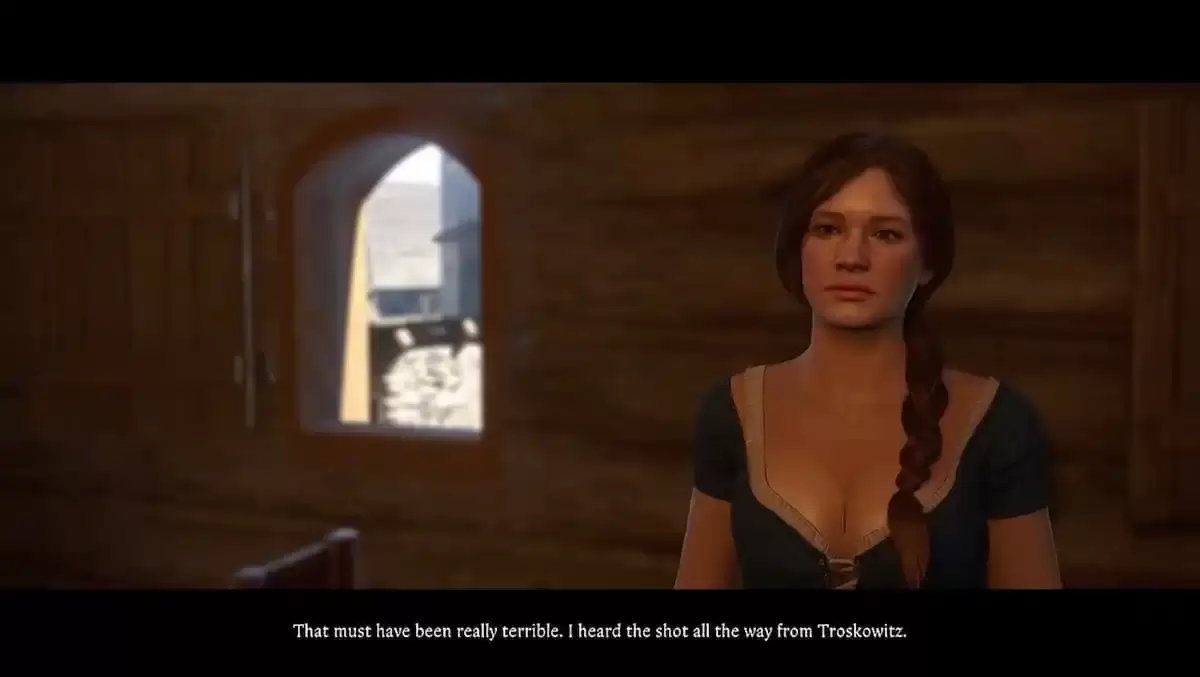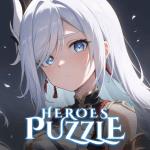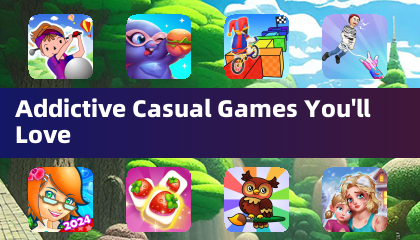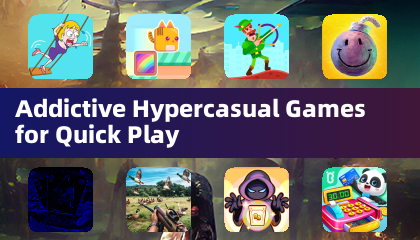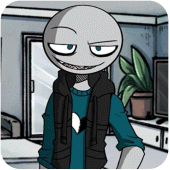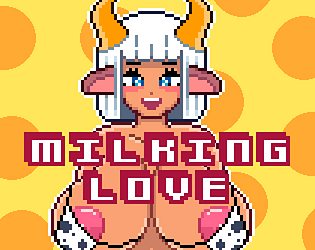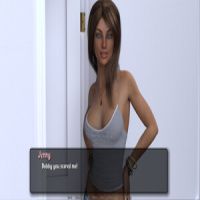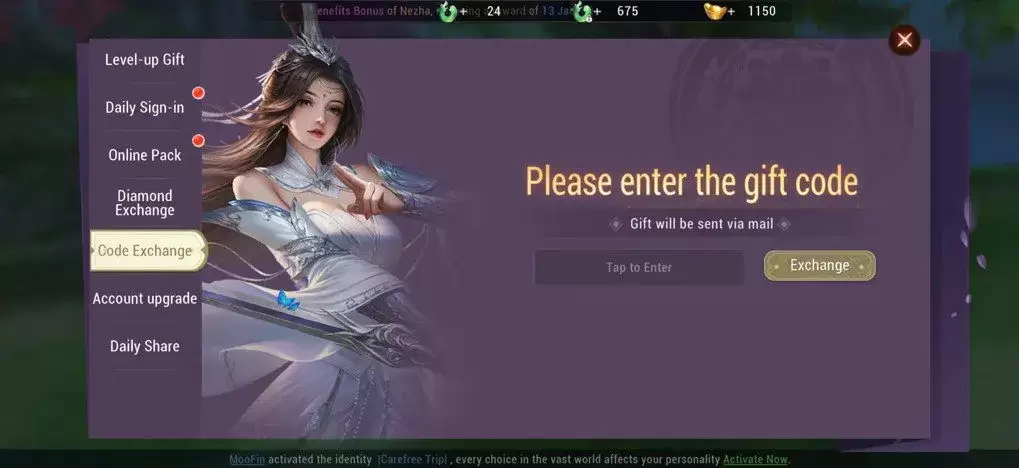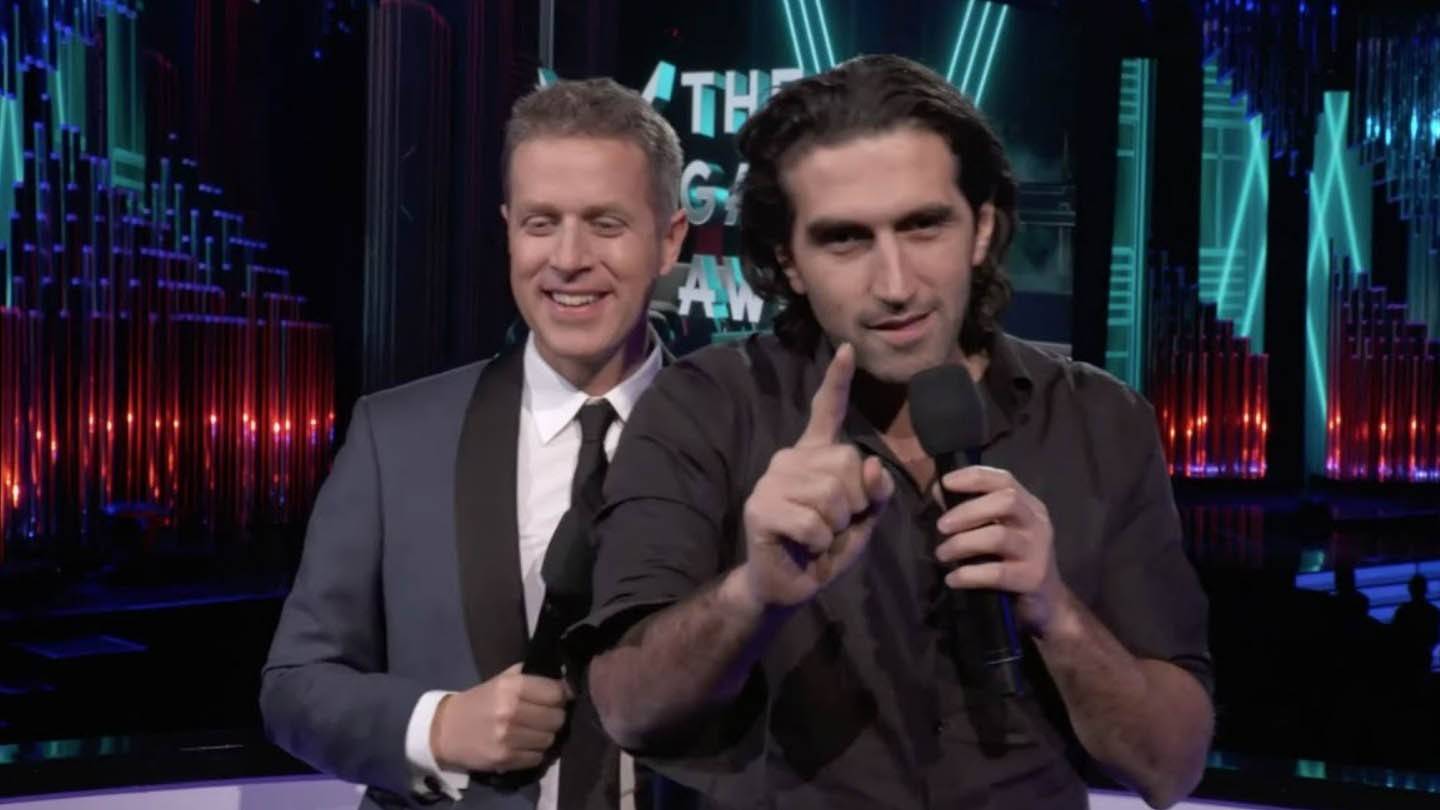
Not everyone has fully embraced the creative vision behind Split Fiction, the latest cooperative adventure from the acclaimed game developer Josef Fares, best known for his work on It Takes Two. At the core of Split Fiction's narrative are two female protagonists, whose story has garnered both praise and criticism. Some vocal critics have accused the game of pushing "feminist propaganda," igniting intense debates across online platforms.
In his characteristic candid and humorous manner, Josef Fares directly addressed these accusations, offering a sharp rebuttal that underscores his dedication to storytelling over stirring controversy.
The central narrative of Split Fiction follows the journey of two female characters as they navigate a deeply personal and emotional storyline. While the game has been celebrated for its innovative gameplay and touching narrative, some have critiqued the choice of protagonists, claiming it as an attempt to promote a feminist agenda.
These critics argue that the decision to feature two women as leads was unnecessary or politically motivated. However, this backlash has been met with robust support from the game's fans, who contend that representation in media should not be controversial.
Known for his forthright and often witty responses, Josef Fares didn't hesitate to tackle the controversy head-on. In his own words:
Let me tell you something: in Brother, there were two guys [as protagonists], in A Way Out—two guys, in It Takes Two—one man, one woman, and now two women, and suddenly 'everyone’s upset.' [...] I don’t care what you’ve got between your legs—good characters are what matter.
Fares' response highlights his commitment to creating engaging narratives rather than engaging in ideological debates. By focusing on the quality of the characters rather than their gender, he challenges critics to look beyond surface-level details and appreciate the substance of the story.
The controversy surrounding Split Fiction mirrors larger societal discussions about diversity and representation in media. For some, the inclusion of two female protagonists is a step forward toward more inclusive storytelling. For others, it serves as a focal point for broader cultural debates.
Games like Split Fiction often find themselves at the heart of these discussions, as they push the boundaries and explore new perspectives. While criticism is unavoidable, the overwhelmingly positive feedback from both players and critics indicates that the game's narrative resonates with a broad audience.


